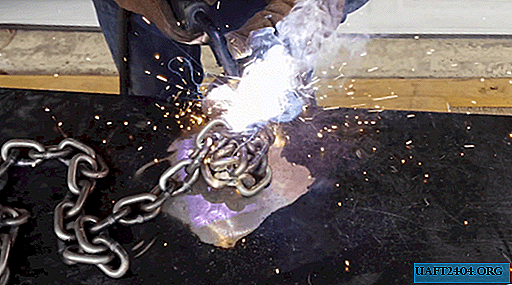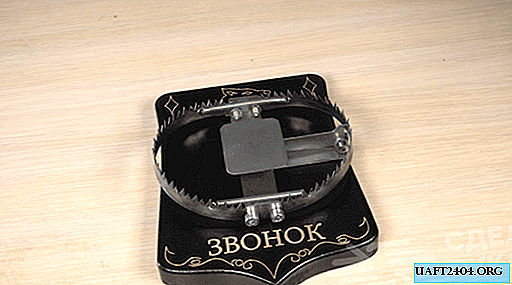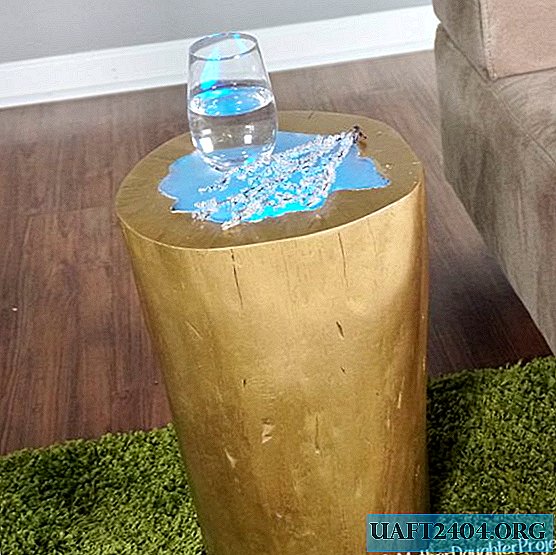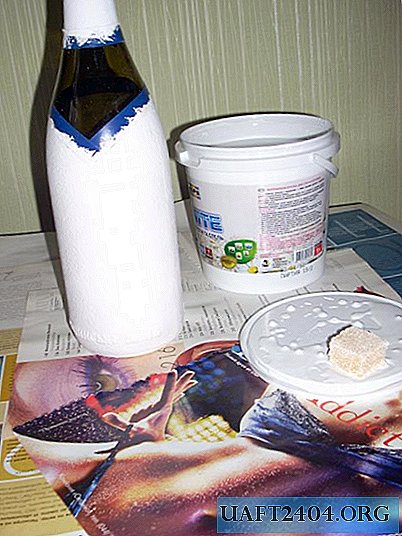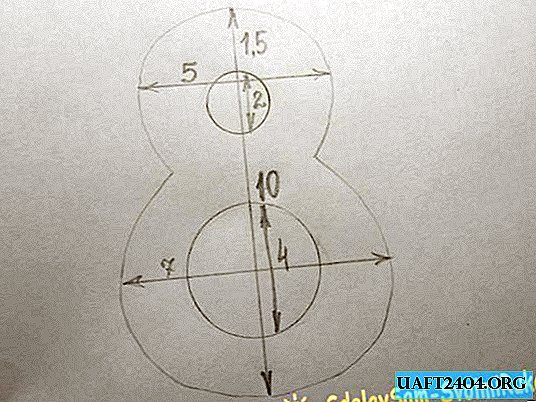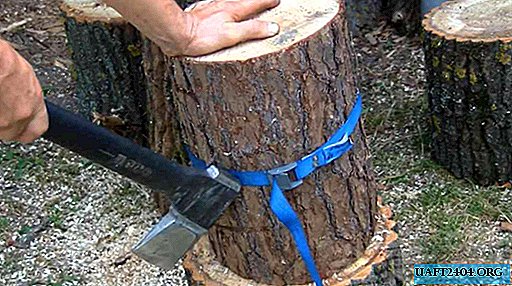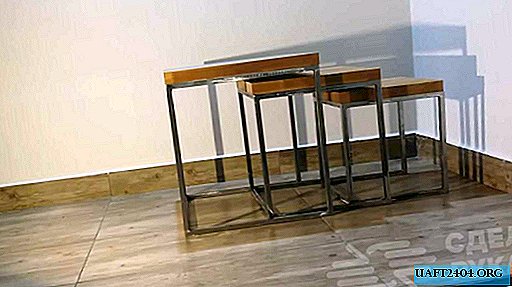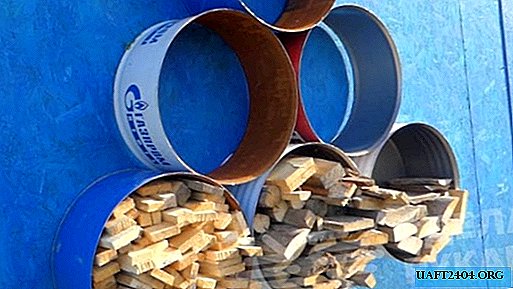Share
Pin
Tweet
Send
Share
Send
Another thing is when their number reaches ten or more. Carrying them with you is not very convenient. Yes, and no organization would be in the way: to find the key you need in a big bunch, especially in the dark, is not a very pleasant task.
If for some reason you are not satisfied with the factory key rings, remember the Swiss army knife. After all, the keys can be collected and systematized in the image and likeness of this famous product.
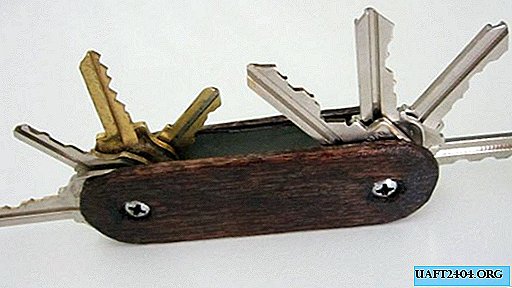
Such a keychain consists of a hollow handle formed by two side plates, which are pulled together on two sides by bolts, which are simultaneously the axes for two sets of keys. They can be turned into a handle for compact storage or pulled out to open the lock.
Necessary materials and tools
Since our subject will be quite compact, mentioning the materials, we will immediately give their sizes. This will allow the assembly not to engage in fitting, which will not affect the functionality and aesthetics of the product in the best way.
Materials:
- Two wooden planks (height × length × thickness) - 25 × 95 × 3.2 mm.
- Two metal plates - 25 × 95 × 0.5 mm.
- Two pairs of "bolt-nut" - M8, the length of the bolt - 20 mm.
- 10 flat washers for the M8 bolt.
- Glue for gluing wood with metal.

Instruments:
- Drill with a set of drills.
- Scissors for metal.
- Sandpaper or grinding wheel.
- A few small clips.
- Ruler, pencil.

Making a comfortable housekeeper
We will stick to the following algorithm:
Using a suitable round object, we mark the ends of the wooden plates in the form of a semicircle. With the help of a jigsaw we give them the final shape.


Then, using a wooden plate as a template, transfer its outline to a metal sheet and use two metal shears to cut two identical plates.



We assemble all the elements of the body in one pile, verify the accuracy of the location and fasten it with a clip.


We mark the centers of the semicircles so that the distance between them is 70 mm. Using a 5 mm drill and drill, we first drill one through hole in the stack and, having inserted a bolt into it for additional alignment, drill a second one.
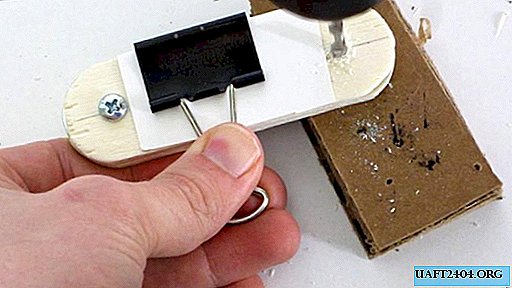

We remove the metal plates, and expand the holes on the wooden plates for the free passage of the bolt and nut heads, pre-wrapping them with construction tape to prevent cracking.

Now you can reassemble all the elements of the body into a pile, fix it with bolts and nuts, and process the ends and faces with sandpaper or an grinding wheel.
We insert a bolt 20 mm long into one of the holes of the metal plate, then 5 washers and 4 keys in series. For reference: 3 washers and 2 keys will fit on a bolt 12.5 mm long, and 7 washers and 6 keys on a 25.4 mm bolt.


In exactly the same sequence, we complete the second bolt. Now we close everything with a second metal plate and tighten the resulting package with nuts.



We glue wooden plates on metal plates using suitable glue. Until the glue hardens completely, squeeze them with two clamps.



It is possible to process wooden overlays with a stain and cover with a colorless varnish or use other means for this. The main thing here: convenience and aesthetics.


The keychain with a set of keys in appearance and device is strikingly reminiscent of a Swiss army knife. Moreover, they are similar in functionality. The keys in the assembled position are located inside the case, providing compactness. They are systematized by dividing into two blocks and oriented in space, which allows you to quickly find the right key.



Possible modifications
A good idea gives a flight of fancy. Why not make the case of the keychain made of transparent plexiglass. In this case, there is another possibility of systematization - visual control of the location of the keys.
You can put the outer washers of their fluoroplastic, which have low friction and elasticity. This will allow you to adjust the degree of clamping of the key block using bolted nuts. As a result, when assembled, the keys will not fall out of the case, and the desired key will occupy a stable position in relation to the case.
Share
Pin
Tweet
Send
Share
Send

